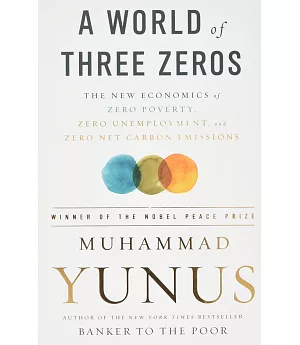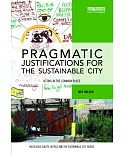Muhammad Yunus, the Bangladeshi economist who invented microcredit, founded Grameen Bank, and earned a Nobel Prize for his work in alleviating poverty, is one of today’s most trenchant social
critics. In his latest book, he declares it’s time to admit that the capitalist engine is broken--that in its current form it inevitably leads to rampant inequality, massive unemployment, and
environmental destruction. To save humankind and the planet, we need a new economic system based on a more realistic vision of human nature--one that recognizes altruism and generosity as
driving forces that are just as fundamental and powerful as self-interest.
Is this a pipe dream? Not at all. In the decade since Yunus first began to articulate his ideas for a new form of capitalism, thousands of companies, nonprofits, and individual entrepreneurs
around the world have embraced them. From Albania to Colombia, India to Germany, France to Malaysia, Haiti to Cambodia, businesses and enterprises are being created that are committed to
reducing poverty, improving health care and education, cleaning up pollution, and serving other urgent human needs in ingenious, innovative ways. In A World of Three Zeros, Yunus
describes the new civilization that is emerging from the economic experiments his work has helped to inspire and offers a challenge to young people, business and political leaders, and
ordinary citizens to embrace his mission to eradicate three unintended and pernicious aftereffects of unrestrained capitalism, and so improve the prospects for everyone.






